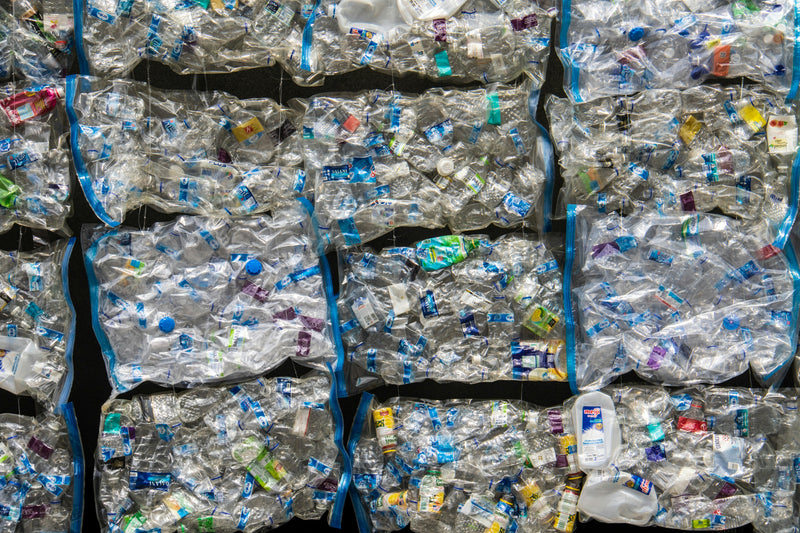Zero food waste startups eye impact, profits
Food waste is a potent force in the global quagmire of climate change.
That’s because a seemingly innocent action creates a significant environmental ripple.
Take, for example, a plate of humble, delicious Brussel sprouts. If you toss out those green spheres of savory joy, you throw away much more than food. You also waste the water, electricity, fuel, and materials it takes to grow, transport, sell and cook them.
On top of that, if your discarded sprouts end up in the landfill, they will most likely be sealed in plastic and covered in a heap that prevents their natural decomposition. When that happens, rotting food produces methane, a greenhouse gas that has 80 times the warming power of carbon dioxide.
“About 6-8% of all human-caused greenhouse gas emissions could be reduced if we stop wasting food,” the World Wildlife Fund reports. “In the U.S. alone, the production of lost or wasted food generates the equivalent of 32.6 million cars’ worth of greenhouse gas emissions.”
Fortunately, there are smart folks out there that are working to fight the menace that is food waste.

The problem
The United States is a global leader in food waste, according to the United States Department of Agriculture. Collectively, U.S. businesses and Americans waste 40 million tons of food every year.
That waste occurs throughout the entirety of the food supply chain: from farms to manufacturing to grocery stores. Incredibly, about 30 percent of food in U.S. grocery stores is thrown away.
Yet as all entrepreneurs know, a problem is also an opportunity. Food waste is no different. The U.S. Chamber of Commerce estimates that food waste management generates an estimated $34.22 billion in global sales.

Startups addressing food waste
There are many businesses building creative solutions to global food waste. Here are three that caught our eye.
-
Goodr — A terrible irony of food waste in America is that we throw out thousands of tons of food each day while 50 million people struggle with food security. Goodr is working to change that with its platform that leverages technology and nationwide logistics to divert waste to those that need it most.
-
Misfits Market — Roughly 30 percent of what is grown in the U.S. never gets harvested because it doesn’t meet the aesthetic standards of a grocery store. Misfits Market collects and sells the too small, too large, or misshapen food items grocery stores reject and deliver them to your door. restaurants, grocery stores, and schools to list their surplus foods that other businesses can buy and pick up from your location. The company already works with Nestle, Citizen Hotels, and 5,889 other businesses in the U.S.


Quick options for your business
To curb food waste at your business, consider starting a composting system.
If you have at least a cubic meter of outdoor space, you can start a compost pile. A bonus is that you can then use that compost to make a garden. If you don’t have the space, check your area to see if there are any services that can come to your business to pick up your compost.
Another way to reduce your business’s food waste is a food waste audit to evaluate where you can improve. Maintain strict inventory and order less where you can. If you see customers aren’t finishing dishes, reduce portions. Also, consider forming relationships with area food banks or charities to donate leftover food.

Learn more
At SOFi, we’re addressing the world’s plastic problem differently. Learn more about our mission and durable paper straws here.
- Yali Bio recently raised $3.9 million to finance its alternative fats products that revamp naturally-occurring fats for plant-based meat and dairy products. The company aims to be an alternative to coconut and palm oil, which are major causes of deforestation.
- The beer-maker Guinness and its parent Diageo are launching a new regenerative agricultural effort on barley farms in Ireland in an effort to reduce its carbon emissions.
- Bahrain — which derives about 70% of its government revenue from oil —
- recently launched its first solar company, helping to diversify its energy sources.
- A small Swiss town is now home to a 230-foot metal tower that uses 35-ton bricks to store and release energy. The system uses surplus energy from the grid to raise the hulking blocks and when demand grows, the bricks are lowered to release kinetic energy into the grid.






